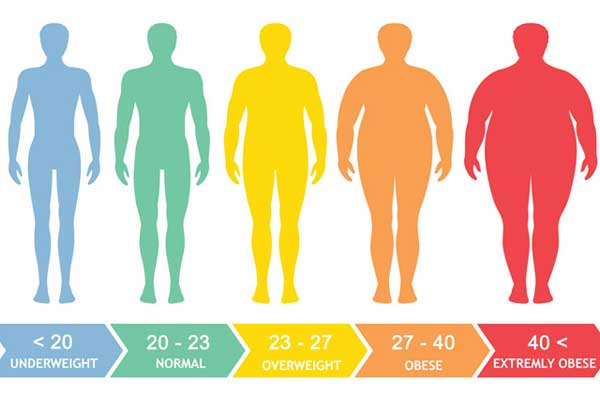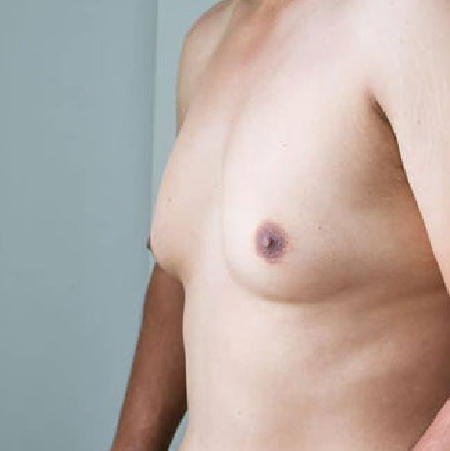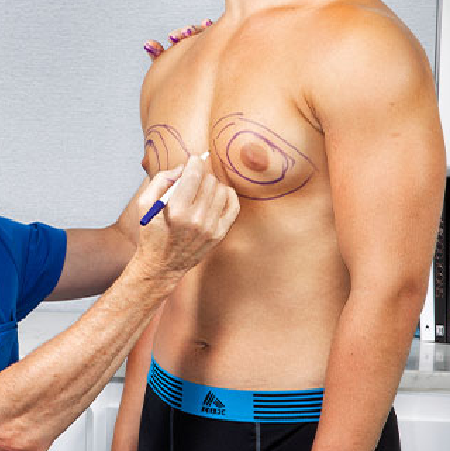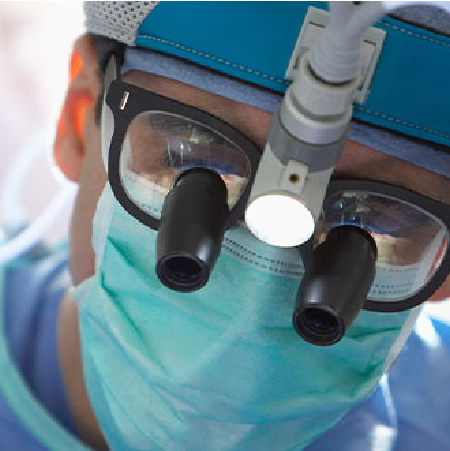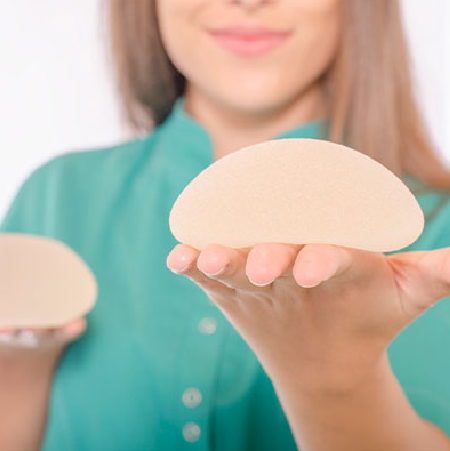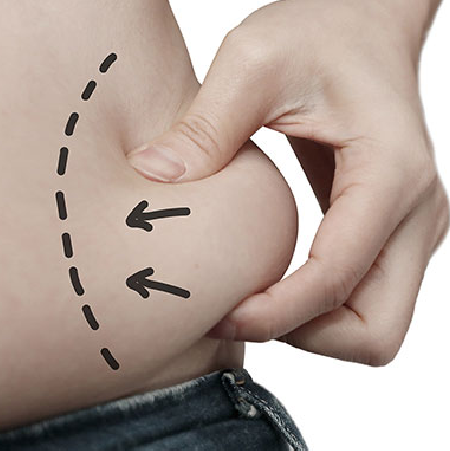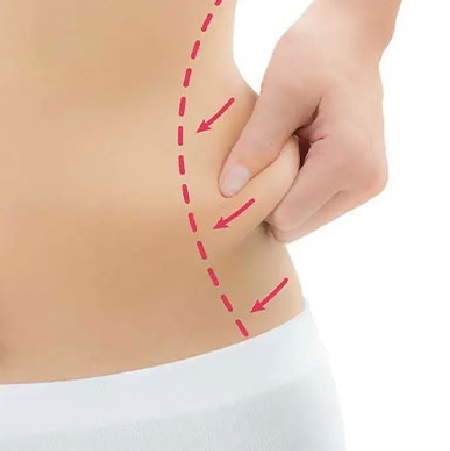Weight Loss After Gastric Sleeve Surgery
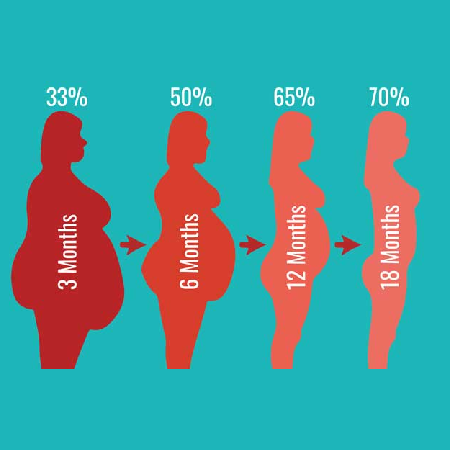
Weight loss plateaus are extremely common after a Gastric Sleeve Surgery. This is a normal part of the weight loss journey and should not be feared. It is important to remember that the goal is to maintain a healthy lifestyle and not simply to lose weight, so it is important to focus on improving your overall health and wellbeing as opposed to obsessing over the numbers on the scale.
The first step in dealing with a weight loss plateau after Gastric Sleeve Surgery is to make sure that you are following your doctor’s instructions. You should be eating healthy, balanced meals and staying active. Additionally, it is important to keep track of your progress. You can use a weight journal, a calorie tracker, or a fitness app to monitor your progress, as this can help you identify any patterns or changes in your weight.
If your weight loss has plateaued, it is important to evaluate your lifestyle and habits. Are you eating too much or too little? Are you getting enough physical activity? Are you making healthy food choices? Making small changes to your diet and lifestyle can help you break through the plateau.
It is also important to remember that you should not try to rush the weight loss process. It took time for your body to gain the weight, and it will take time for your body to lose it. Gastric Sleeve Surgery is a tool to help you on your weight loss journey, but it is not a quick fix. Additionally, it is important to remember that everyone’s body is different and will respond to Gastric Sleeve Surgery differently.
Finally, if you are feeling overwhelmed or discouraged by your weight loss journey, it is important to reach out to a health and wellness professional. They can provide you with valuable advice and support to help you break through the plateau and reach your weight loss goals.
Weight Loss are Normal after Gastric Sleeve Surgery
Weight Loss Plateaus are Normal after Gastric Sleeve Surgery, and they are something that almost every patient experiences in some form. It is important to remember that this is to be expected, and it is nothing to be concerned about. Weight loss plateaus are a normal part of the post-surgery process and should not be viewed as a setback. As your body adjusts to the changes, it is natural that your weight loss may slow down.
Gastric sleeve surgery in Iran is a major life-changing event and your body needs time to adjust to the new diet and lifestyle changes. During this adjustment period, you might encounter a weight loss plateau as your body adjusts to the new eating habits and physical activity levels. Weight Loss Plateaus are Normal after Gastric Sleeve Surgery, and it is important to stay patient and consistent with your routine to see consistent results.
It is also important to remember that a weight loss plateau does not mean that you are no longer losing weight. Your body may have reached a particular point of equilibrium, where the caloric output is equal to the caloric intake. This is why it is important to continue to monitor your caloric intake and activity levels, even if you are not seeing the same weight loss results as before.
Weight Loss Plateaus are Normal after Gastric Sleeve Surgery and you may need to adjust your diet and activity levels accordingly. If you are not seeing the results you want, talk to your doctor or nutritionist about possible adjustments to your diet or activity levels. They will be able to provide you with the best advice and help you get back on track. Gastric sleeve surgery is a major life-changing event, and it is important to remember that weight loss plateaus are normal and nothing to be concerned about.
Post-operative instructions (After surgery)
- Try a Pouch Reset
Are you considering having gastric sleeve surgery? If so, you may want to consider trying a pouch reset after gastric sleeve surgery. A pouch reset is a tool that can help you get back on track with your weight loss journey and make sure you are getting the most out of your surgery. It is a diet that you follow for a set period of time, usually two weeks, to help you reset your digestive system and jumpstart healthy eating habits.
A pouch reset after gastric sleeve surgery can help you learn how to eat smaller, more frequent meals and establish healthy eating habits that will help you maintain your weight loss. During the reset, you will focus on eating low-calorie, nutrient-dense foods that are easily digested and absorbed. Eating this way will help you avoid feeling full and bloated, while also helping you to get the most nutrition out of each meal.
The pouch reset after gastric sleeve surgery is designed to help you establish a healthy relationship with food and learn to listen to your body’s hunger and fullness signals. It will also help you understand portion sizes and how to create meals that are satisfying and nutritious. This is a great way to get back on track with your weight loss journey and learn how to create healthy habits that will help you maintain your weight loss.
The pouch reset after gastric sleeve surgery is not easy, but it is worth it. You will have to be disciplined and stick to the plan, but the results will be worth it. You will be able to establish healthy eating habits and learn how to listen to your body’s hunger and fullness cues. This can help you maintain your weight loss and keep you feeling healthy and energized. So, if you are considering having gastric sleeve surgery, consider trying a pouch reset after gastric sleeve surgery to get the most out of your weight loss journey.
- Jumpstart Your Exercise Habits
Exercising after bariatric surgery is important for a number of reasons. Not only can it help you maintain a healthy weight, but it can also help to improve your physical and mental health. If you have recently had gastric sleeve surgery, you may be wondering how to jumpstart your exercise habits. Here are some tips to help you get started:
First and foremost, it is important that you talk to your doctor before starting any exercise program. This is especially true if you have experienced any complications from your surgery or have not yet received clearance from your doctor. They can provide you with specific instructions on how to exercise safely and effectively.
Once you have the green light from your doctor, it is important to start slowly and build up gradually. It is recommended that you start with low-impact activities such as walking, swimming, or biking. This will help you to safely increase your activity level without putting too much strain on your body.
In addition to low-impact activities, you may want to consider strength training. This is a great way to build muscle and burn more calories. Strength training can help to increase lean body mass and improve your overall health. It is important to start with light weights and gradually increase the amount as you become stronger.
Finally, make sure to include cardiovascular exercise in your routine. This type of exercise helps to improve your heart health and can help you to burn more calories. You can choose activities such as running, jogging, or skipping. It is important to find something that you enjoy and that is challenging.
By taking the time to start Your Exercise Habits After Gastric Sleeve Surgery, you can improve your overall health and maintain a healthy weight. Make sure to talk to your doctor before starting any new exercise program and to start slowly and build up gradually. With time and dedication, you can reach your goals.
- Make Sure You Drink Enough Water
A lot of people think that Gastric Sleeve Surgery (GLS) is a bad thing. But if you do the right thing and drink enough water after the surgery, you might actually be happy. By increasing your blood flow and improving your breathing, GLS-based treatments can help improve your blood flow and make you feel more comfortable. You might be feeling a little sweaty and red, but remember that you’re in a safe place and you’re not going to die. You’ll be able to get the most out of the surgery by taking in enough water and avoiding too much alcohol.
- Get Enough Sleep
Gastric sleeve surgery is a process of extracting food and water from the interior of the stomach, which is often done in people who are in the early stages of pregnancy. The goal is to get as much sleep as possible during the surgery, which can be done through either bedtime or the next day.
Some people who have this type of surgery find that they can sleep better if they eat dinner and drink water before bed. Others find that eating dinner and drinking water makes them feel full and keeps them safe from hunger. Some people find that sleeping 10 hours each night helps them feel comfortable and relaxed.


